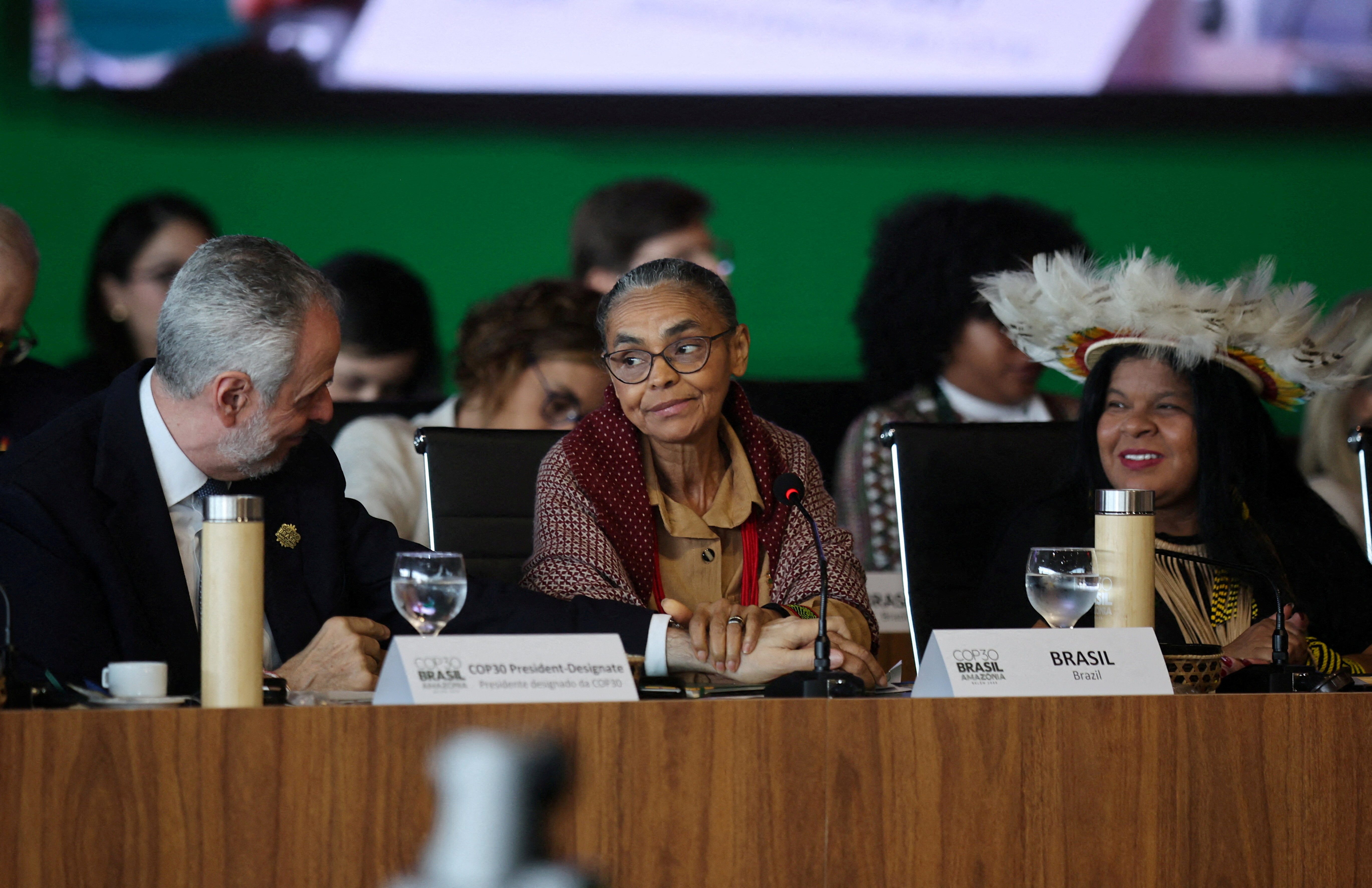Switzerland speeds up its climate goals
Aiming higher.
Image: REUTERS/Arnd Wiegmann
Stay up to date:
Energy Transition
Switzerland is aiming to be climate-neutral by 2050 - accelerating a target it set just three years ago.
The move comes as a new United Nations report shows a record level of greenhouse gases in the atmosphere and a global energy system still dominated by fossil fuels. Climate impacts are now thought to be hitting much harder and sooner than predicted.
By signing the Paris Climate Agreement in 2016, Switzerland committed itself to reducing its carbon emissions by 70-85% by 2050. This was in line with findings from the Intergovernmental Panel on Climate Change (IPCC) that global warming would have to be reduced to less than 2°C by 2100 in order to avoid serious consequences for the planet.
Switzerland has adjusted its goals following the release of updated figures from the IPCC, suggesting that many of the worst effects of climate change could be triggered by a temperature increase of just 1.5°C.
Around the world, temperatures since 2015 have been the hottest on record. Switzerland is particularly affected by climate change, with temperatures rising twice as quickly as the global average.
Other nations, such as Bhutan and Suriname, have already exceeded net-zero – absorbing more carbon dioxide than they emit.
The low-carbon league
Switzerland joins a number of other countries in setting a target of net-zero, where any emissions are balanced out by absorbing an equal amount from the atmosphere - for example, through the planting of trees or the use of carbon capture and storage technology.
What is the World Economic Forum’s Sustainable Development Impact summit?
In June 2019, the UK became the first major economy to pass a net-zero emissions law.
New Zealand has introduced net-zero legislation that also includes a target for reducing the methane produced by livestock by up to 47% by 2050.
But is it enough?
As sea levels continue to rise and we experience ever more extreme weather, there are concerns about whether the targets being set are enough to stall climate change.
Accept our marketing cookies to access this content.
These cookies are currently disabled in your browser.
The UN is calling for radical change - from closing coal plants to supporting electric cars - to help speed up climate solutions in a way that will protect biodiversity and vulnerable populations.
Don't miss any update on this topic
Create a free account and access your personalized content collection with our latest publications and analyses.
License and Republishing
World Economic Forum articles may be republished in accordance with the Creative Commons Attribution-NonCommercial-NoDerivatives 4.0 International Public License, and in accordance with our Terms of Use.
The views expressed in this article are those of the author alone and not the World Economic Forum.
Related topics:
Forum Stories newsletter
Bringing you weekly curated insights and analysis on the global issues that matter.
More on Nature and BiodiversitySee all
Andrea Willige
November 10, 2025
Marco Lambertini and Marcelo Bicalho Behar
November 6, 2025
Tom Crowfoot
November 5, 2025
Laura Fisher, David Mueller and Anika Duggal
November 5, 2025




